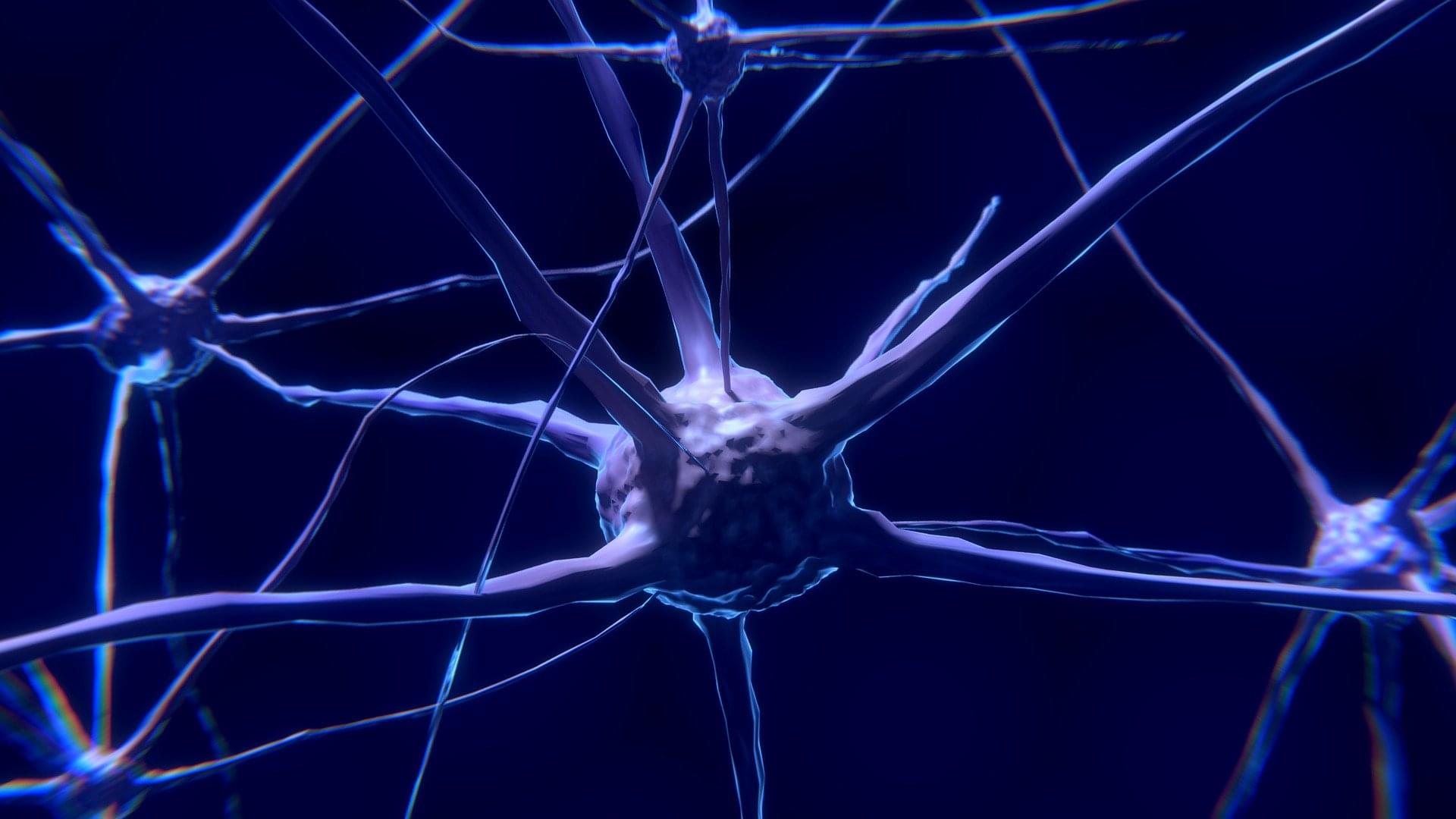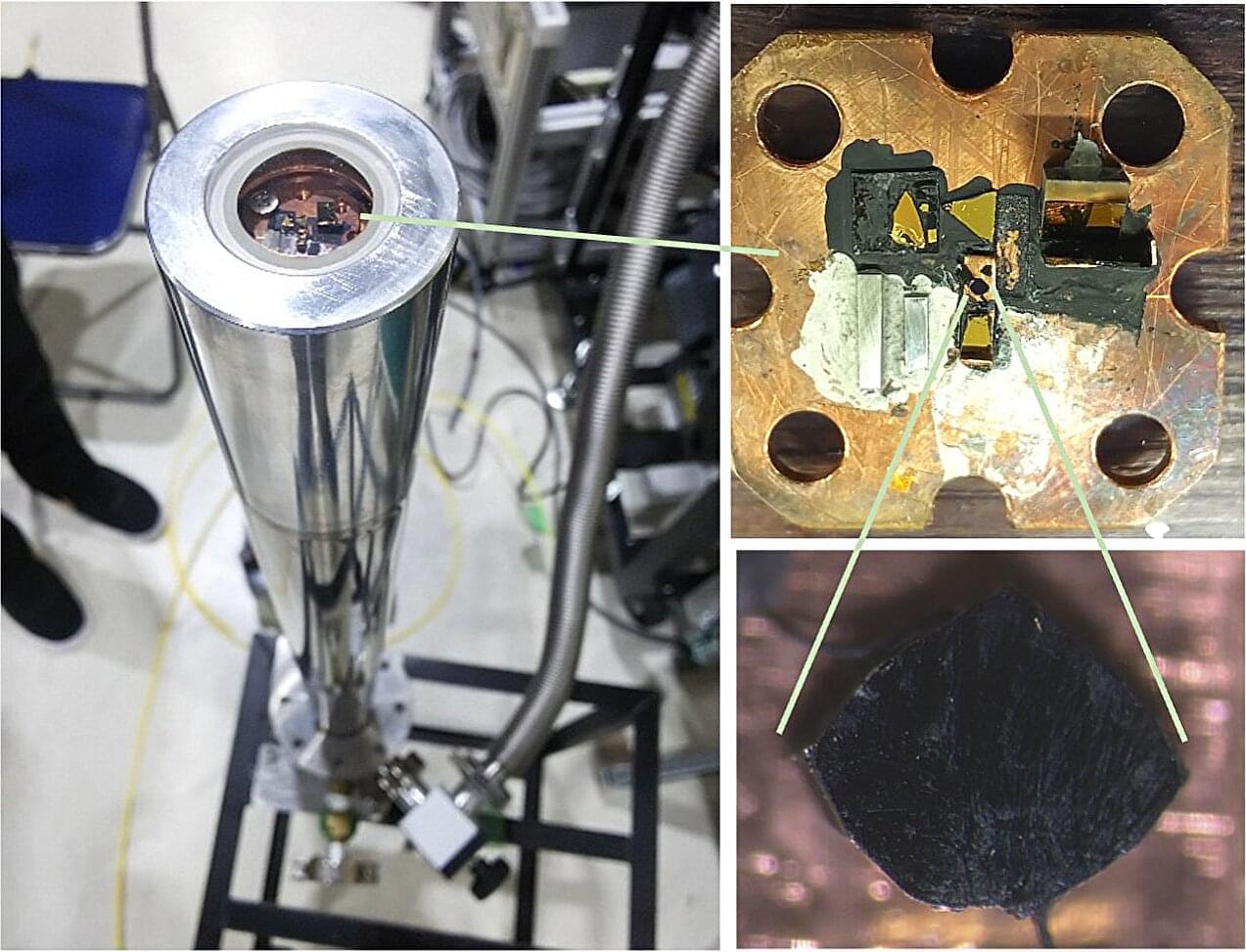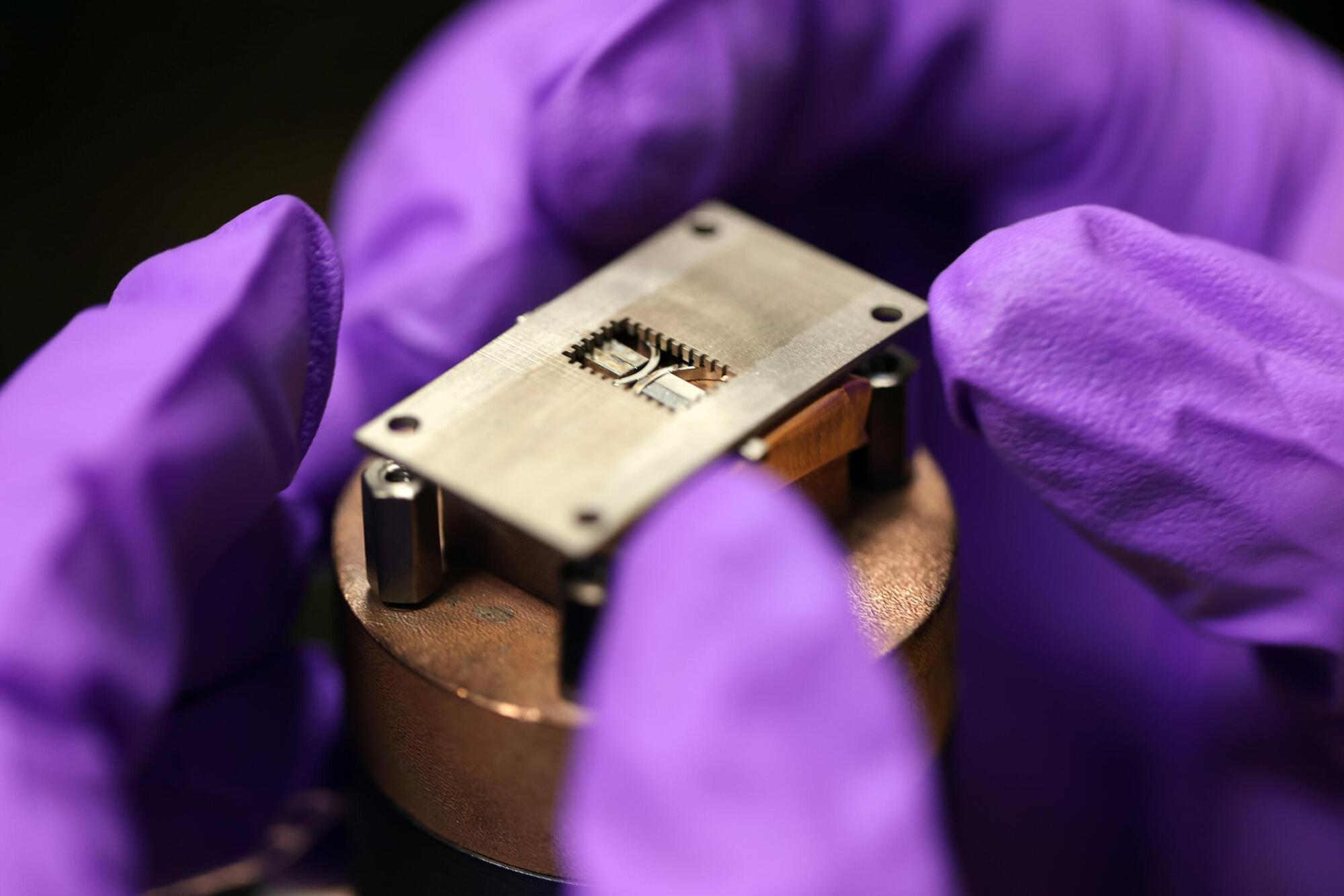Researchers from the Broad Institute and Mass General Brigham have shown that a low-oxygen environment—similar to the thin air found at Mount Everest base camp—can protect the brain and restore movement in mice with Parkinson’s-like disease.
The new research, in Nature Neuroscience, suggests that cellular dysfunction in Parkinson’s leads to the accumulation of excess oxygen molecules in the brain, which then fuel neurodegeneration—and that reducing oxygen intake could help prevent or even reverse Parkinson’s symptoms.
“The fact that we actually saw some reversal of neurological damage is really exciting,” said co-senior author Vamsi Mootha, an institute member at the Broad, professor of systems biology and medicine at Harvard Medical School, and a Howard Hughes Medical Institute investigator in the Department of Molecular Biology at Massachusetts General Hospital (MGH), a founding member of the Mass General Brigham healthcare system.









